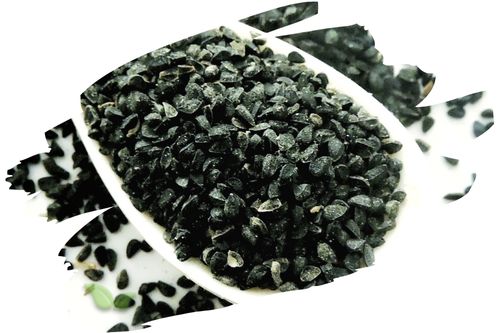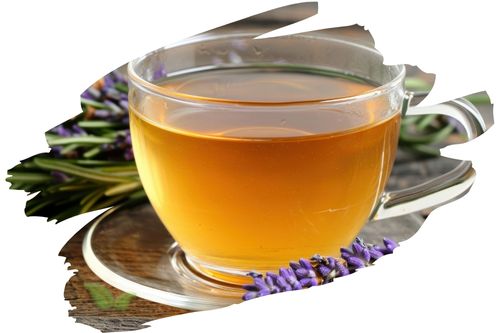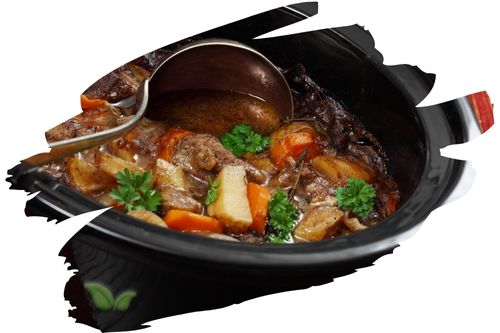
Introduction
Cream of tartar is a versatile ingredient that has been used in the culinary world for centuries. Derived from winemaking, this powdery substance offers unique properties that make it indispensable in various recipes. Whether you're an experienced chef or an enthusiastic home cook, understanding the essential facts about cream of tartar can elevate your culinary skills and enhance your dishes. In this article, we will delve into 10 essential facts about cream of tartar, shedding light on its origin, properties, and culinary uses.
Fact 1: Cream of Tartar Origin
Cream of tartar, also known as potassium bitartrate, is a byproduct of winemaking. It forms as a residue on the inside of wine barrels during the fermentation process.
Fact 2: Appearance and Taste
Cream of tartar is a fine, white powder with a slightly acidic taste. It has a tangy flavor reminiscent of lemon or sour grapes.
Fact 3: Chemical Composition
Cream of tartar is primarily composed of potassium bitartrate crystals. These crystals are collected, purified, and ground into a fine powder for culinary use.
Fact 4: Culinary Uses
Cream of tartar has a wide range of culinary uses. It stabilizes whipped cream, creates light and fluffy meringues, prevents sugar crystallization, activates baking soda, and enhances the stability of egg whites.
Fact 5: Stabilizing Whipped Cream
Adding a small amount of cream of tartar to whipped cream helps stabilize the mixture, preventing it from deflating and maintaining its texture for a longer period.
Fact 6: Creating Light and Fluffy Meringues
When beaten with egg whites, cream of tartar helps create stable foam, resulting in light and fluffy meringues with a delicate texture.
Fact 7: Preventing Sugar Crystallization
Cream of tartar is useful in recipes where sugar crystallization needs to be prevented. It helps maintain a smooth and creamy texture in syrups, frostings, and candies.
Fact 8: Activating Baking Soda
In recipes that do not contain acidic ingredients, cream of tartar is used to activate baking soda. This combination creates carbon dioxide gas, helping baked goods rise and achieve a light and airy texture.
Fact 9: Enhancing Egg White Stability
Cream of tartar can enhance the stability of egg whites, making them less prone to overbeating. It helps maintain their structure and prevents them from becoming grainy or watery.
Fact 10: Homemade Baking Powder Substitute
Cream of tartar can be combined with baking soda and cornstarch in specific ratios to create a homemade baking powder substitute when the latter is not available.
Frequently Asked Questions (FAQs)
Q: Is cream of tartar the same as tartar sauce?
No, cream of tartar and tartar sauce are two different things. Cream of tartar is a powdery substance used in cooking, while tartar sauce is a condiment typically made with mayonnaise, pickles, and other ingredients.
Q: Can I use lemon juice or vinegar as a substitute for cream of tartar?
Yes, in some cases, lemon juice or vinegar can be used as substitutes for cream of tartar. However, keep in mind that the acidic strength may differ, so adjust the quantity accordingly.
Q: Can cream of tartar be used in savory dishes?
While cream of tartar is more commonly used in sweet recipes, it can also be used in savory dishes. It can help stabilize whipped cream toppings for savory soups or enhance the texture of certain sauces.
Q: How long can cream of tartar be stored?
Cream of tartar should be stored in an airtight container in a cool, dry place. When properly stored, it can maintain its potency for an extended period.
Q: Is cream of tartar gluten-free?
Yes, cream of tartar is gluten-free as it is derived from grapes, not grains. It is safe for individuals with gluten sensitivities or celiac disease.
Conclusion
Knowing the essential facts about cream of tartar empowers you to utilize this versatile ingredient with confidence in your culinary endeavors. From its origin as a winemaking byproduct to its role in stabilizing whipped cream, creating light meringues, preventing sugar crystallization, and activating baking soda, cream of tartar offers a range of culinary benefits. Embrace the versatility of cream of tartar and elevate your cooking and baking skills with this remarkable ingredient.
Alert: While spices can have many beneficial properties for health, using them for medical purposes should be done under the guidance and supervision of a healthcare professional or specialist. Some spices may interact with medications or cause adverse reactions in certain individuals, and it is important to use them safely and appropriately. If you are considering using spices for a medical condition, it is important to consult with a healthcare professional before doing so.




















































